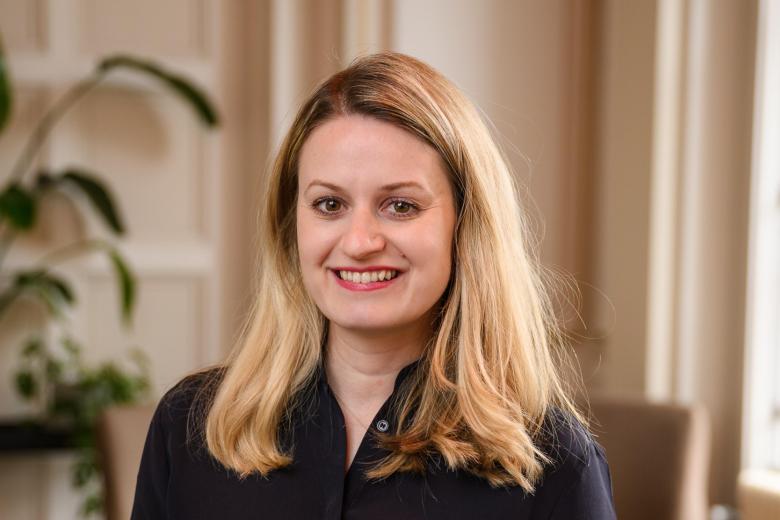Maastricht Institute for Legal Education
The Maastricht Institute for Legal Education (MILE) is a content-driven centre at the intersection of educational development and law. We seek to provide inspiration, cultivate innovation and generate impact regarding legal education. In doing so MILE facilitates research into the development of legal education.
Additionally, we have tasks and goals beyond that of a traditional research institute. MILE offers education professionalisation courses and curricula to academic staff, it harbours the Law Faculty’s Teacher Information Point (TIP), it is the academic home of the study advisors and education policy advisors, and it governs the Law Faculty’s teaching fellows pool.
Research
MILE provides for a pioneering research environment that is closely intertwined with the ‘values’ pillar of the Faculty of Law’s research programme. Every jurist’s path starts with their legal education. In these formative years, the foundation for every jurist’s career are thoroughly laid. Seeing how fundamental the importance of legal education is, it is noteworthy that research on legal education traditionally focusses on what should be studied in legal curricula. MILE seeks to shift this onus more to how law should be taught, not only by doing research in the scholarship of teaching and learning of law, but also by doing fundamental normative research into legal education. While realising that input and methods from other disciplines can be valuable, MILE seeks to do this research primarily through the legal discipline’s own methodologies.

MILE’s research mainly takes place in the following research stream:
1. Values









